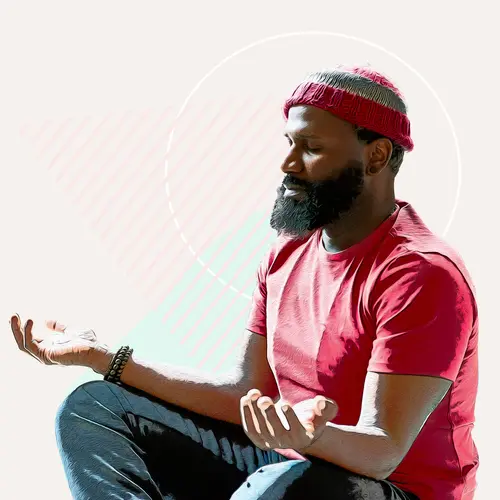Thinking of getting a professional massage for the first time? You may have questions before you make the appointment.
Maybe you're self-conscious about getting undressed in front of a stranger. Or you're worried that the massage will hurt. Or you're hoping it will cure a backache you've had for years.
To help put you at ease before your first massage, here are frequently asked questions and answers about massage. So stop fretting and just relax -- that's the whole point of getting a massage.
What type of massage should I get?
There are many different styles of massage. The most common is the Swedish massage, which is a whole-body therapeutic massage designed to relax the muscles and joints. Other popular types include deep tissue, shiatsu, hot stone, reflexology, and Thai massage. You may want to choose a specialty, like sports massage or pregnancy massage, if that suits your needs.
How should I choose a practitioner?
If you're looking for a therapist, the American Massage Therapy Association (AMTA) has a locator service on its web site, www.findamassagetherapist.org. Enter your zip code and you get a list of massage therapists who are licensed or certified (depending on the state), along with their specialties and years of experience.
AMTA recommends that your massage therapist be certified by the National Certification Board for Therapeutic Massage and Bodywork (NCBTMB).
"Everybody has different needs," says Kristen Sykora, LMT, massage therapist and AMTA member. "Every therapist practices differently. Keep trying different people until you find the one you like, because it's very important to find a good fit."
When should I schedule a massage?
Think about your day's schedule before you set up your massage. For example, don't eat right before or exercise immediately after your massage. "It's best if you can try to chill out afterward," Sykora says. "You want to take it easy after your massage so you can get the whole benefit of it."
Can massage help with a medical condition?
Massage has been shown to have a range of health benefits, from lowering blood pressure to easing migraines. Research has demonstrated that massage may help relieve pain for patients with cancer, HIV, and Parkinson's disease. Massage can also help lower stress, which is a good thing for your overall health.
"Research has shown that massage interfaces with the body's stress function," says Sandy Fritz, MS, NCMBT, author of a textbook line for therapeutic massage and director of the Health Enrichment Center in Lapeer, Mich. "It helps to dampen the flight-or-fight response and activates dominance in the rest-and-restore system."
If you have a serious medical condition, you should clear a massage with your doctor first.
Will I be naked?
You only need to take off only as much clothing as you're comfortable removing. You can leave your undergarments on if you choose, as massage can be done through clothing. The massage therapist will give you privacy while you undress or leave the room. During the massage, the therapist will use a sheet or towel to drape the parts of your body that are not being massaged.
Is the massage going to hurt?
It shouldn't hurt, Sykora says. But you should keep the lines of communication open.
"If a therapist is pressing too deeply in an area," Sykora says, "you should tell them, 'That's sensitive.' Or 'That's a little too much. Can you lighten up?'"
"You should never have to endure a massage," Fritz says. "You shouldn't have to lay there and grit your teeth. It may feel significant, but not make you stiffen up."
Should I talk during the massage?
It's up to you. Some people like to remain quiet and listen to music during the massage. Others like to make light conversation. Tell your massage therapist your preference.
"Whether you like to talk or stay quiet, you should absolutely tell the massage therapist if you're uncomfortable -- if you're too hot, too cold, or can't stand the music," Sykora says.
What if I fall asleep?
You may get drowsy during the massage, so don't worry if you fall asleep. "That's actually a good thing," Sykora says. "I know they are relaxed. But I will wake them up at the end. Taking a few minutes to yourself after the massage is over is always a good thing."
How will I feel after the massage?
You should feel some relief after a massage, Sykora says. Sometimes you may experience 24-48 hours of soreness. But it should be "a good kind of sore, like you had a workout," Sykora says.
After a massage, you should feel relaxed and mellow, a little bit like you've had a glass of wine, Fritz says. "That has to do with the changes in neurochemicals like serotonin and endorphins," she says.
But don't expect that a one-time massage will solve a lifelong backache or other chronic pain.
"A lot of people expect to be cured in an hour," Sykora says. "I'll ask them, 'How long did it take you to get this backache and how long have you had it?' For many things, such as a backache, it's a cumulative effect and you may need several consecutive treatments."

